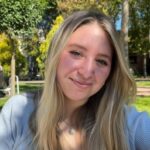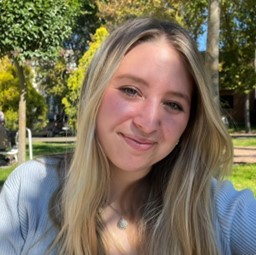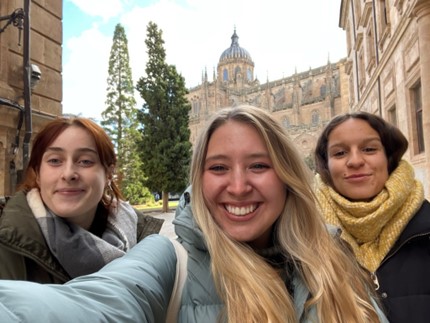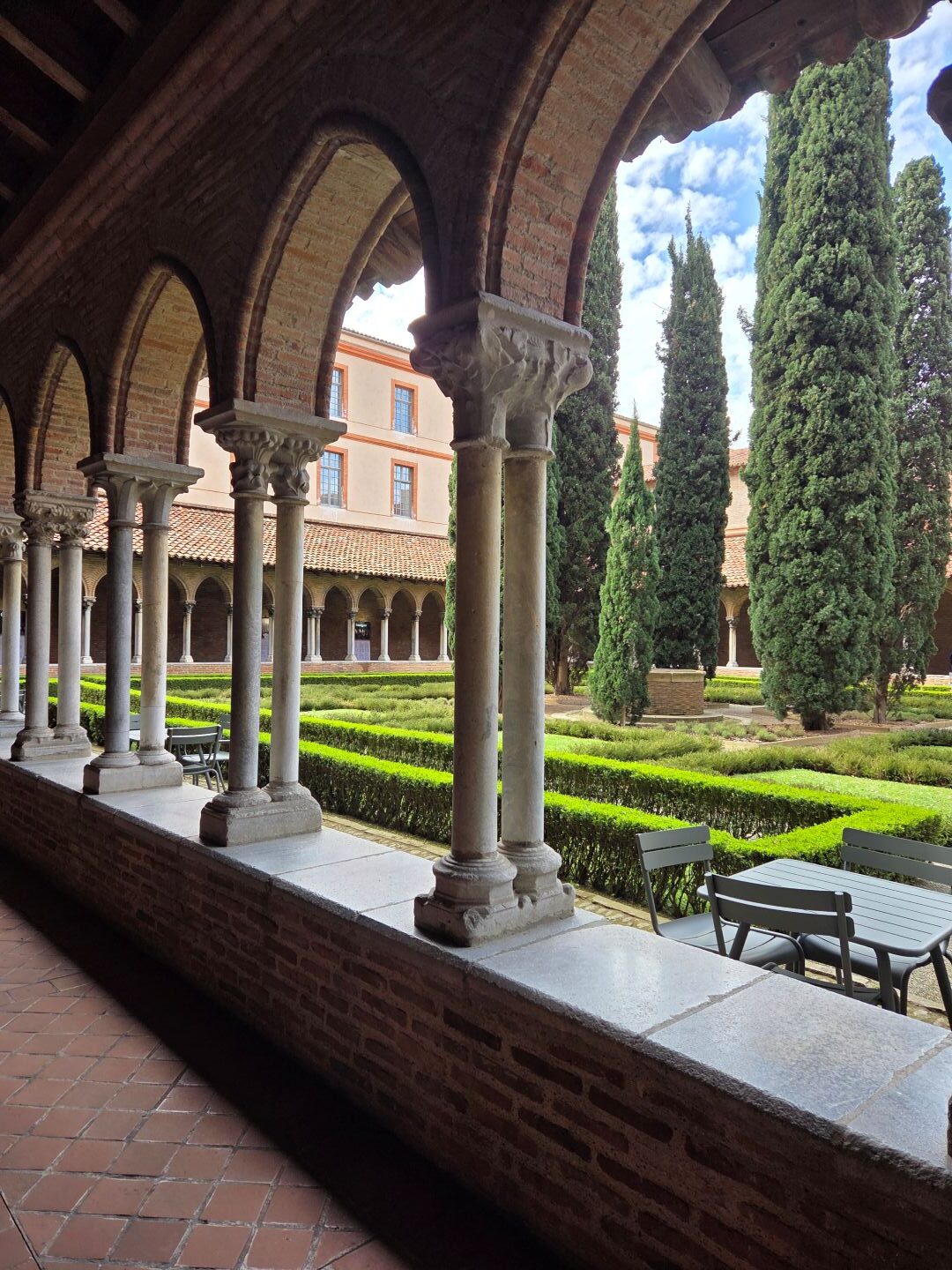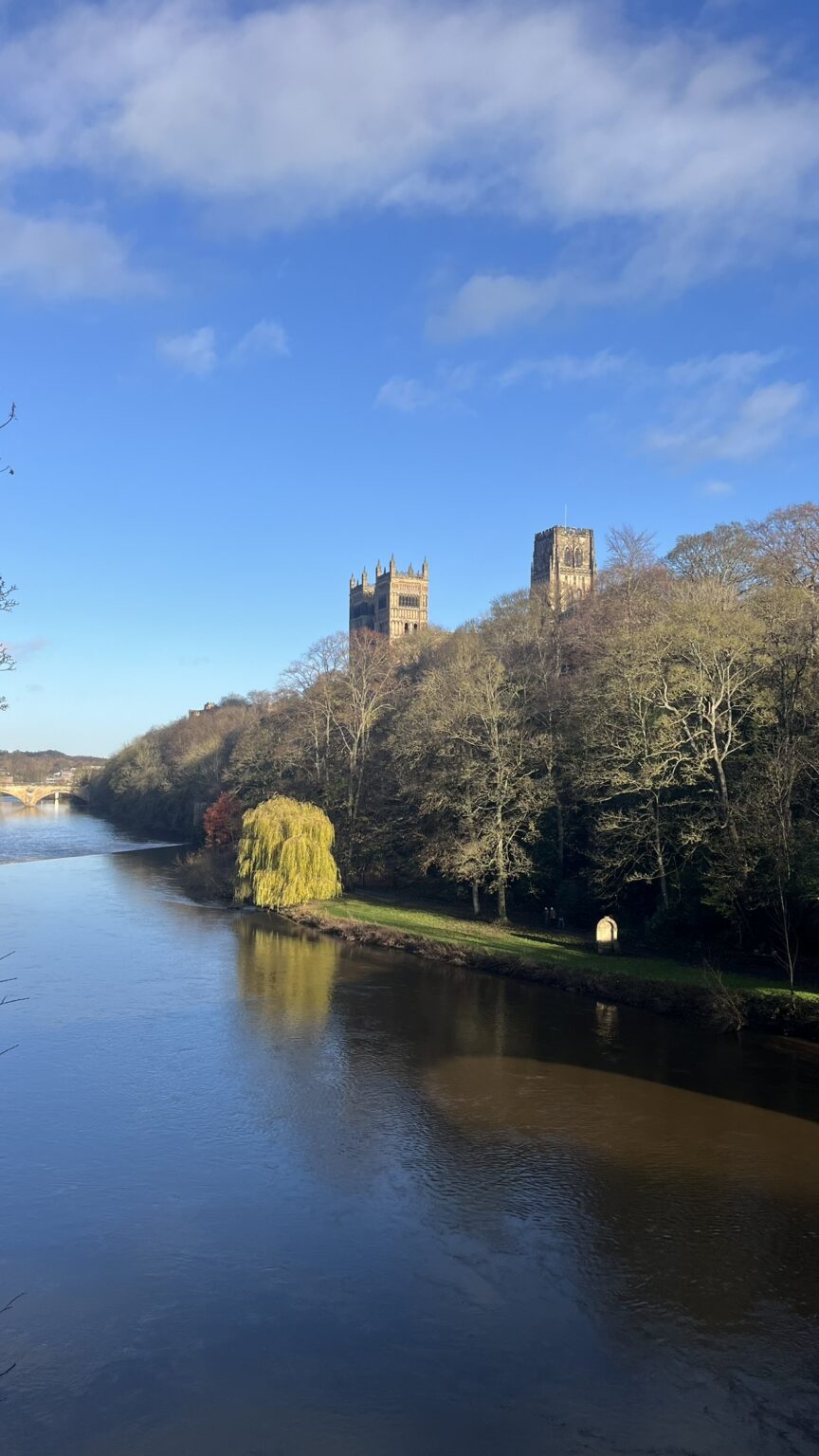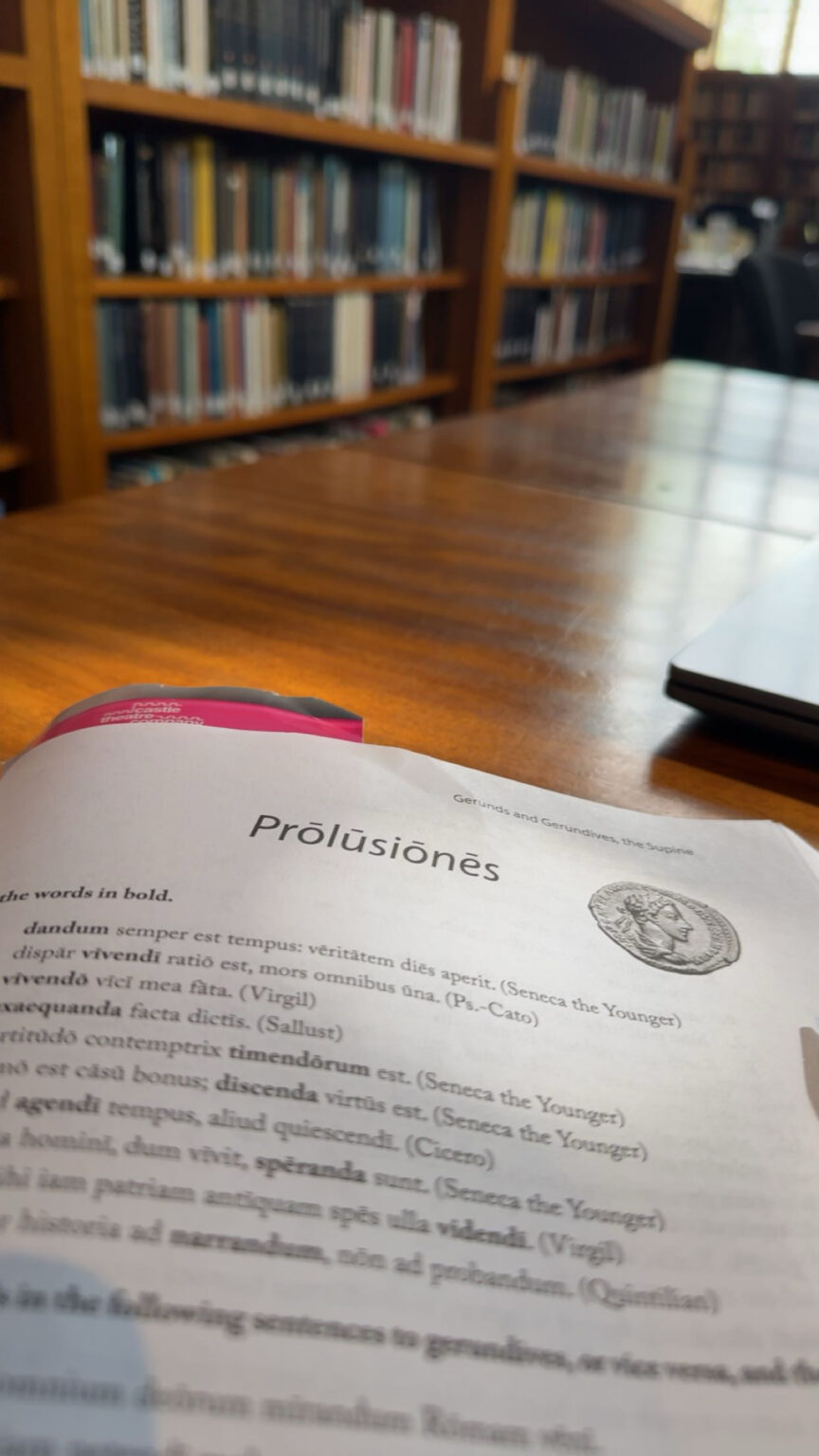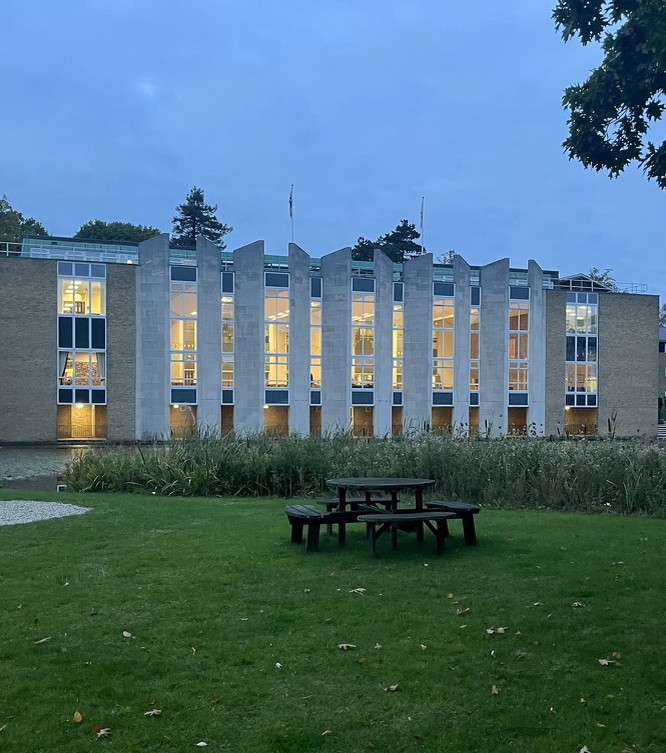Ever since my first day of class, I have felt really privileged to study in the department of Modern Languages and Cultures (MLAC). In every class, I’ve had passionate teachers and classmates who always make coming to class worth it. As a post-A-level Spanish and beginner’s German student, I have experience in the department as both an intermediate and beginner student.
I truly couldn’t imagine studying anything else!
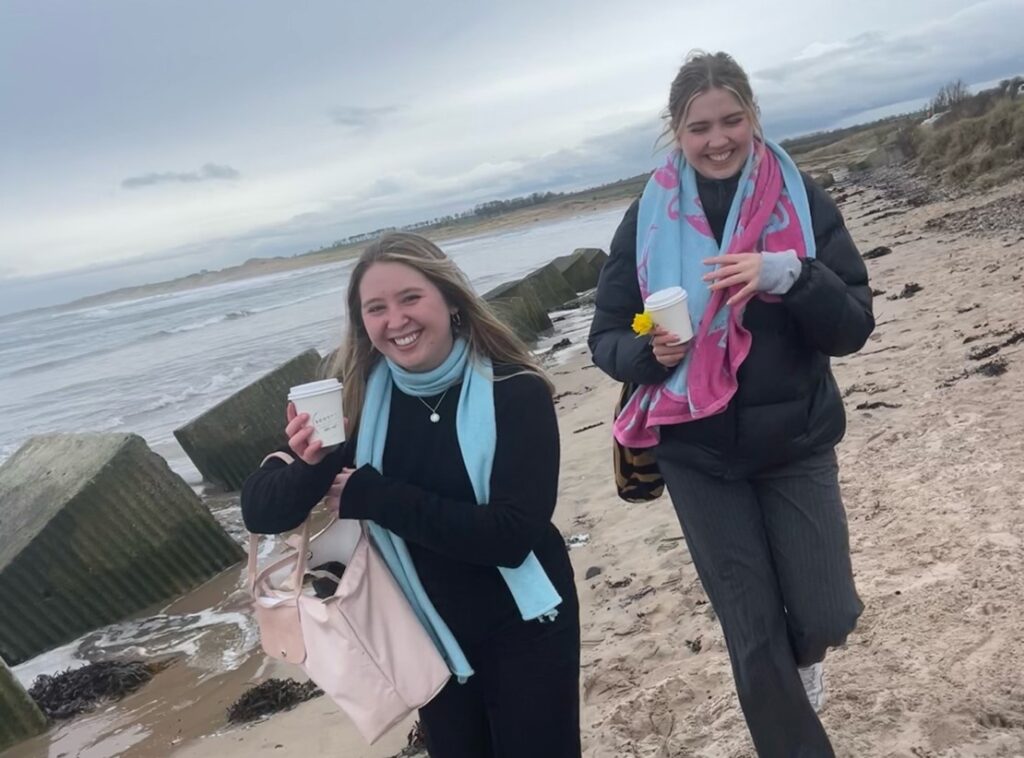
Because of the types of classes and their small size, I feel the MLAC community is uniquely tight knit. In my first year, I had 12 contact hours a week. Some of my classmates had slightly more if they studied three languages instead of two. This year, I have begun Catalan, so I have 13 hours (only 2 are lectures)! They mostly consist of oral, grammar, or practical seminars. I love these types of classes, because they strengthen your language skills and help you make friends in your course!
What are seminars and lectures like?
My lectures are 50 minutes long, and usually require you to prepare reading or watch a film. Sometimes the lecturer will ask questions, but they will speak for most of the class. We then have an accompanying seminar every other week where lecturers go into further detail on content and lead a discussion between you and your peers.
I have two kinds of seminars: language seminars and these seminars related to my lectures. My language seminars are usually focused on grammar or speaking, as well as translation or writing. Like the other seminars I described, the language seminars are mostly you talking to your classmates and practicing your language skills.
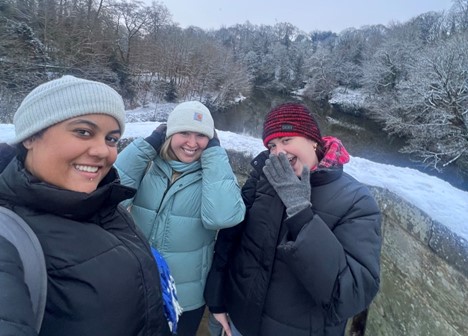
How we’re tested
Because this year is especially light on lectures, I will only have three summative papers and one essay exam in English. The rest of my classes will have a mix of exams and in-class assessments.
This year we started continuous summative assessments in our language classes. These assessments have been really helpful! Especially if you are someone who gets test anxiety, this new marking category eases the pressure of written or oral exams by testing your language skills throughout the year. In Spanish, we had a small presentation and turned in four mock exam questions. In German, I have had two in-class translations, a short in-class essay, and a video podcast.
While it may sound like a lot, most of my classmates and I find the workload very doable. Our teachers are most invested in us learning the language, and they value students’ feedback.
Why study languages?
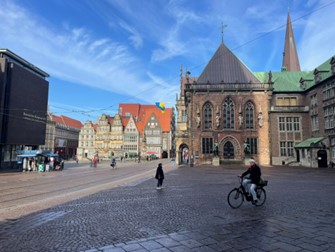
Languages as a subject can be daunting, but everyone is in the same boat. I started German from scratch last year, and my amazing teachers have taught me so much. Our class has always felt like a safe space where you’re free to make mistakes without judgement.
When you study languages, you open yourself up to a huge world you couldn’t otherwise experience. The language classes, alongside your culture modules that cover things like literature or film, provide you with the cultural and linguistic knowledge to succeed all over the world. And the year abroad working on a placement or studying at a renowned university is pretty sweet too.
Discover more
Feeling inspired? Visit our School of Modern Languages and Cultures webpages to learn more about our postgraduate and undergraduate programmes.
Follow our team of student content creators at The Durham Student on Instagram, TikTok and YouTube
Create your own personalised prospectus here
